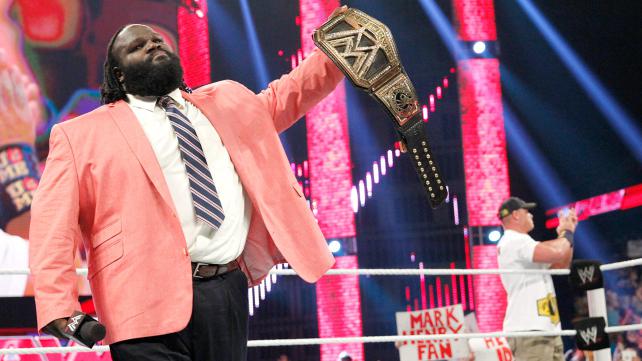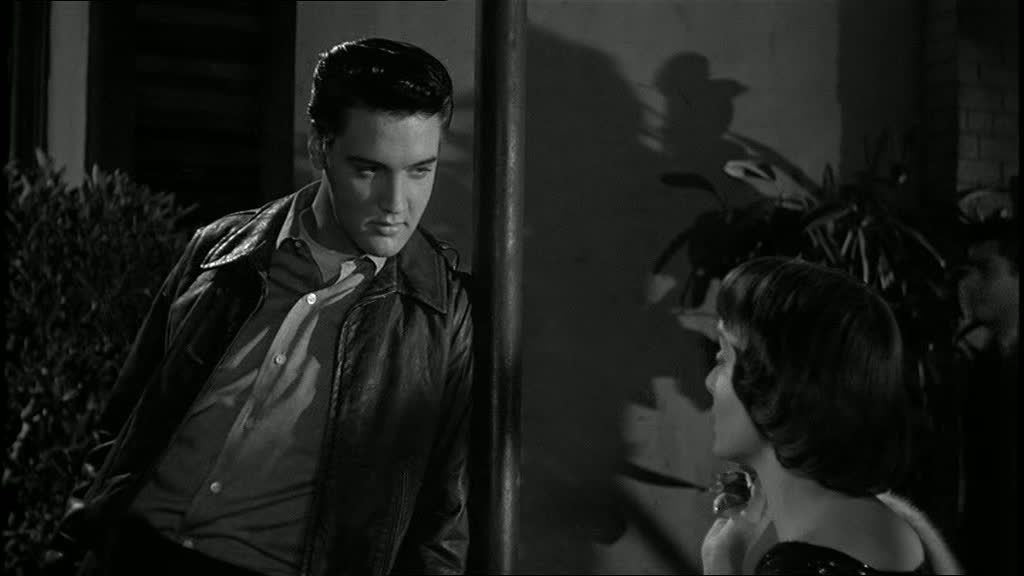 The Assassin
The Assassin
Written by Zhong Acheng, T’ien-wen Chu, Hou Hsiao-Hsien Hai-Meng Hsieh
Directed by Hou Hsiao-Hsien
Taiwan/China/Hong Kong, 2015
Those coming to The Assassin, the new wuxia from Taiwanese director Hou Hsiao-hsien (winner of the Best Director prize at this year’s Cannes Film Festival), expecting an all-out action martial arts fest are in for a bit of a rude surprise. There certainly is action, and it carries considerable weight in the story. But rather than glorify the violence, the weight serves to magnify its importance and emphasize its effect upon those involved.
Hou’s lofty intentions are clear from the stunning prologue, in which gorgeous black and white photography introduces the ninth century Tang Dynasty setting. It also introduces Nie Yinniang (a superb Shu Qi), a woman who gets kidnapped at ten years old by nun Jiaxin (Sheu Fang-yi) and trained to be a brutal murderer, a training which gets spotlighted in her cool-headed, merciless execution of a man on horseback. When she finds herself unable to be as pitiless in the presence of a potential victim’s young son, Jiaxin sends her after Lord Tian Ji’an (Chang Chen), the governor of Weibo (the country’s largest mainland province).
The mission takes her to Weibo and the film to color, where the gorgeous scenery and costuming can be appreciated on another level. The black and white allows for increased attention on Hou’s gorgeous framing and shot composition, but the deep greens and browns of the landscape make for a new level of breathtaking visual appearance. No less astonishing are the headdresses, silks, and interior decoration, making for a sumptuous visual experience wherever the film goes.
Not that the visuals occlude the emotions, which complicate Yinniang’s mission and give the story its central conflict. As Lord Tian explains in a mildly clunky (but not too obtrusive) bit of exposition, he was once supposed to marry Yinniang (who’s also his cousin) as a way of maintaining peace between the Imperial Court (which she represents) and Weibo. Love and familial ties take on the role of the son has in the prologue, complicating violence and magnifying its ramifications. As a result, The Assassin becomes a powerful look at the motivations behind violence and the implications of a violent act.
Hou’s depiction of the violence, particularly in contrast with the rest of the film, only serves to emphasize its importance even further. Whereas most of the film is shot through languid, luxurious long takes, allowing the beauty of the imagery to breathe and sink in (and showcasing the astonishing work from cinematographer Mark Lee Ping Bing), Hou shows the action primarily through rapid jump cuts. While the pace of the editing sometimes makes immediate visual comprehension a challenge, it leaves the viewer to imagine what happens before finally filling in the blanks. As a result, Hou makes space for reflection on the violence and imagination of the worst possible consequences.
In fact, much of The Assassin feels constructed for allowing reflection, which may alienate some. The glacial pacing certainly has the potential to try viewers’ patiences, but Hou never lets it get out of control. If anything, the story’s pace feels calculated to emphasize the power of the set design, cinematography, and costuming, as well as the emotional relationships they frame. There’s a lot going on in Hou’s film, and he’s too smart of a filmmaker to let an abundance of plot get in the way.
Accordingly, he leaves the film rather uncluttered, and the result is a beautiful portrait of Ancient China. It’s a film which asks viewers to meet it on its own terms, and those willing to do so will be handsomely rewarded. The Assassin is an important contribution to the wuxia canon, and one which deserves viewers giving the film the attention it requires.
The 44th edition of the Festival du Nouveau Cinéma runs from October 7 to 18, 2015, in Montreal. Visit the festival’s official website for more information.








